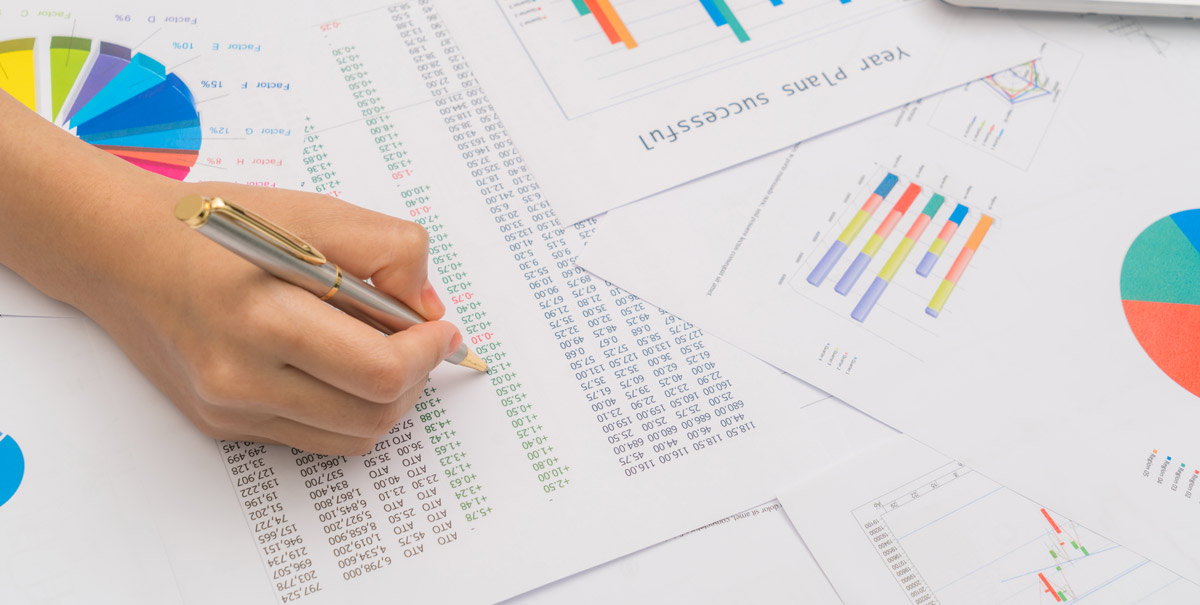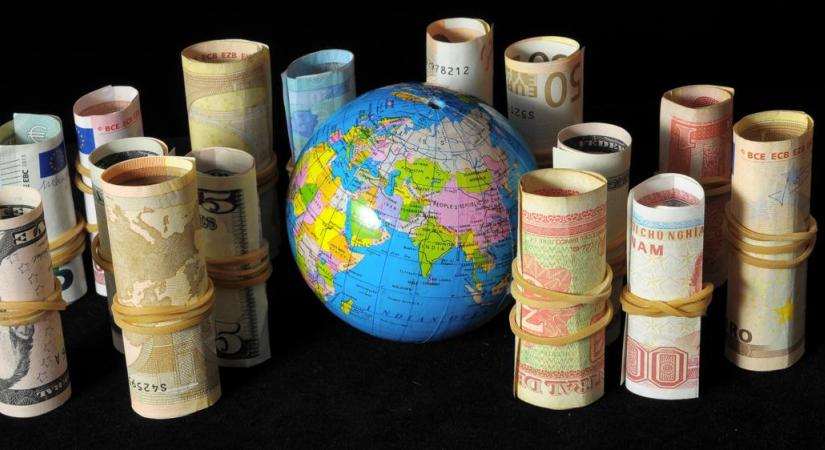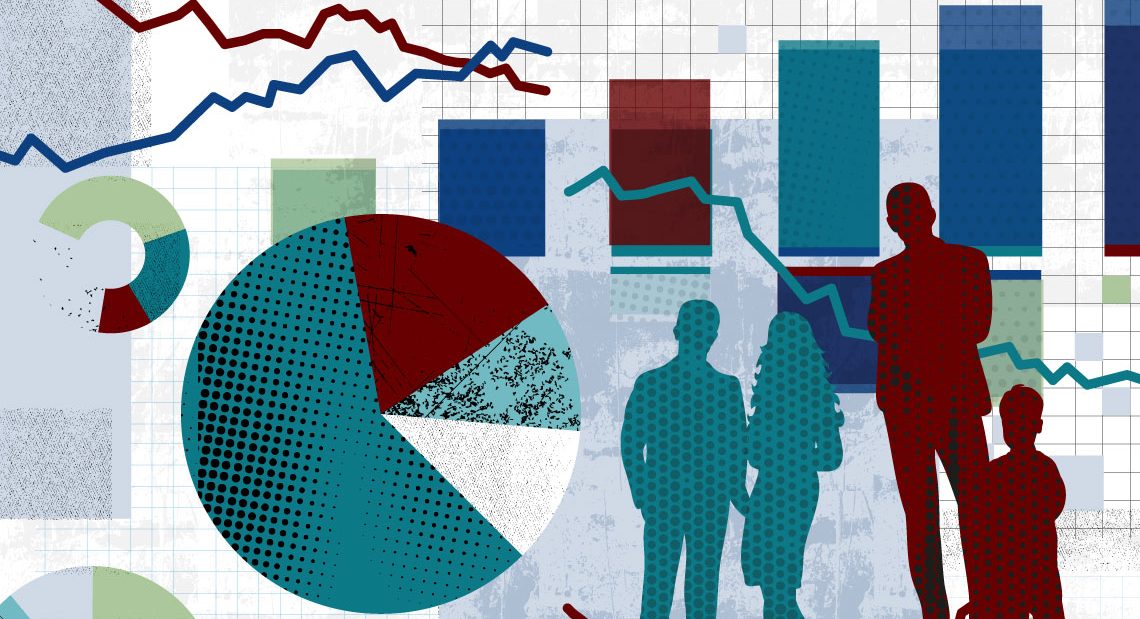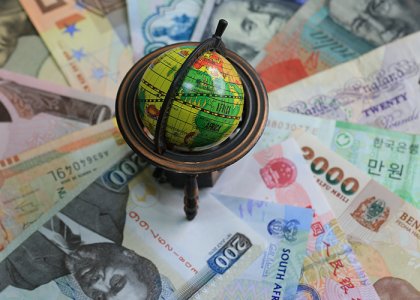What are monetary economics dissertation topics examples?
Monetary economics is a branch of economics that studies various competing theories of money: it provides a framework for analyzing money and considers its functions (e.g., earning. Reception is purely for their convenience). As the name implies. monetary economics focuses on the aspect of money in economies. Monetary economics thesis topics include the different research areas that are associated with monetary policies, monetary transfers, and other areas as well.
Topics Brief Service
If you are unsure about which topic to choose, our dissertation topic brief service provides a well-researched outline with key points, objectives, and references to kickstart your dissertation.
Paid Topic Consultation Service
You will get the topics first as per the given requirements, and then the brief which includes;
- An explanation why we choose this topic.
- 2-3 research questions.
- Key literature resources identification.
- Suitable methodology with identification of raw sample size, and data collection method
- View a sample of topic consultation service
Download Dissertation Samples
Need inspiration? Download high-quality dissertation samples to understand how to structure your paper, formulate arguments, and cite sources correctly.
Top Selected Monetary economics dissertation topics Ideas for college students
Discover insightful Monetary Economics Dissertation Topics covering inflation, central banking policies, interest rates, financial markets, and the impact of monetary policy on economic growth. Explore research ideas to enhance your understanding of monetary systems and economic stability.
Top Picked Topics for Monetary Economics
- Correlational analysis of monetary economics, money and financial institutions: a descriptive approach.
- Relationship between monetary economics and financial innovation: a systematic analysis.
- Financial systems, financial crisis, and monetary economics: a correlational analysis.
- Focusing on the relationship between monetary economics and financial intermediaries: a review of the literature.
- International monetary economics: focus on the potential opportunities and challenges.
- Monetary economics in developing countries of the world: an inquiry.
- Understanding the role played by monetary economics in the globalized financial markets.
- Monetary trends in the USA and the UK: a monetary economics perspective.
- A critical monetary approach towards understanding the balance of the payments: a descriptive approach.
- Investigating the relationship between monetary economics and rational inattention: a systematic review.
- The role played by evidence in the development of monetary policy analysis.
- Stock returns in emerging markets of the globe: a monetary economics perspective.
- Studying the relationship between inflationary expectations and monetary regimes in X country.
- Ecological monetary economics: focus on the potential challenges and interventions.
- Studying the effects of asset prices and inflation in the field of monetary economics: a quantitative analysis.
- Understanding the relationship between monetary economics and the term structure of interest rates.
- Examining the place of money, finance, and prices in the field of monetary economics: a descriptive approach.
Macroeconomics
- Postwar monetary economics and macroeconomics: a historical analysis.
- What is deviant behavior in terms of monetary economics?
- Relationship between monetary economics and the structure of financial markets.
- Relationship between fiscal policy and monetary policy: a monetary economics perspective.
- Comparative analysis of negative interest rates and zero interest rates in the money market microstructure.
- Exchange rate forecasting and monetary economics: a review of the empirical evidence.
- Analyzing an economy physics perspective for the study of monetary economics.
- Applying institutional economics to the field of monetary economics: a qualitative study.
- Monetary policy and local production: a correlational analysis in the context of X country.
- What are the impacts of global policies on the international exports from the emerging economies of the world?
- Monetary policies and central banks.
- Effects of inflation on the production of homes in developing countries of the world.
- Relationship of debt and trust within the operations of monetary economics.
- Open economy and monetary economics: a review of the empirical evidence.
- Studying the relationship between fiscal multipliers and economic openness.
- How the infrastructure development affects economic growth? Focus on X country.
- Data-rich environment and its effects on the monetary policy.
- Comparative analysis of the monetary economics in the developed versus developing countries of the world.
Monetary Policy
- The Role of Central Banks in Stabilizing Inflation: A Comparative Study
- The Effectiveness of Quantitative Easing in Post-Recession Economies
- The Impact of Interest Rate Adjustments on Economic Growth
- The Relationship Between Monetary Policy and Exchange Rate Volatility
- Evaluating the Role of Central Bank Independence in Inflation Targeting
- The Impact of Negative Interest Rates on Economic Recovery
- Monetary Policy in Emerging Markets: Challenges and Opportunities
- The Role of Forward Guidance in Shaping Market Expectations
- Comparing Inflation Targeting vs. Price Level Targeting as Monetary Policy Tools
- The Role of Monetary Policy in Managing Economic Bubbles
Financial Stability
- The Role of Central Banks in Preventing Financial Crises
- Evaluating the Effectiveness of Macroprudential Policies in Ensuring Financial Stability
- The Impact of Monetary Policy on Bank Lending Behavior
- Financial Stability and Systemic Risk: The Role of Central Banks
- The Relationship Between Monetary Policy and Financial Market Liquidity
- The Role of Central Banks in Managing Currency Crises
- The Impact of Monetary Policy on Housing Market Stability
- Evaluating the Role of Central Bank Communication in Financial Stability
- The Role of Monetary Policy in Managing Sovereign Debt Crises
- The Impact of Monetary Policy on Corporate Debt Levels
Exchange Rates and Currency Dynamics
- The Impact of Exchange Rate Regimes on Economic Stability
- The Role of Currency Pegs in Emerging Markets: Risks and Benefits
- The Impact of Exchange Rate Volatility on Trade Flows
- The Effectiveness of Foreign Exchange Interventions by Central Banks
- The Role of Exchange Rate Management in Currency Crises
- The Relationship Between Exchange Rates and Inflation in Small Open Economies
- Evaluating the Impact of Currency Unions on Economic Convergence
- The Role of Global Capital Flows in Shaping Exchange Rate Dynamics
- The Impact of Dollarization on Monetary Policy in Emerging Markets
- The Role of Exchange Rate Expectations in Currency Crises
Monetary Theory
- The Role of Money Supply in Determining Inflation: A Historical Perspective
- Evaluating the Quantity Theory of Money in Modern Economies
- The Relationship Between Money Demand and Economic Stability
- The Role of Monetary Aggregates in Forecasting Economic Activity
- The Impact of Digital Currencies on Traditional Monetary Theories
- The Role of Monetary Neutrality in Long-Term Economic Growth
- The Impact of Financial Innovation on Monetary Transmission Mechanisms
- Evaluating the Role of Monetary Theories in Explaining Hyperinflation
- The Role of Money Supply Shocks in Business Cycle Fluctuations
- The Impact of Financialization on Monetary Policy Effectiveness
Inflation and Deflation
- The Role of Inflation Expectations in Shaping Wage Dynamics
- The Impact of Hyperinflation on Economic Stability: Case Studies
- The Role of Central Bank Credibility in Managing Inflation Expectations
- The Impact of Globalization on Inflation Dynamics in Advanced Economies
- The Role of Monetary Policy in Preventing Deflationary Spirals
- The Relationship Between Commodity Prices and Inflation in Developing Economies
- Evaluating the Impact of Inflation Targeting on Economic Stability
- The Role of Inflationary Shocks in Currency Crises
- The Impact of Structural Reforms on Inflation Dynamics
- The Role of Central Bank Communication in Anchoring Inflation Expectations
Cryptocurrency and Digital Currencies
- The Impact of Cryptocurrencies on Traditional Monetary Systems
- Evaluating the Role of Central Bank Digital Currencies in Monetary Policy
- The Relationship Between Bitcoin Volatility and Monetary Policy Responses
- The Impact of Digital Currencies on Financial Market Stability
- The Role of Cryptocurrencies in Facilitating Cross-Border Transactions
- Evaluating the Impact of Stablecoins on Monetary Policy Effectiveness
- The Role of Blockchain Technology in Shaping Future Monetary Systems
- The Impact of Cryptocurrencies on Inflation and Exchange Rate Dynamics
- The Role of Regulatory Frameworks in Managing Cryptocurrency Risks
- The Impact of Digital Currency Adoption on Traditional Banking Systems
The ability to influence inflation through changes in monetary policy and regimes. Analysis of monetary regimes in developing economies. The impact of monetary policy on exchange rate fluctuations and the impact of world trade. A study on EU monetary justice and the implications for the United Kingdom.
Above is the best list of Monetary economics dissertation topics. Fill out the form below to get dissertation topics mini proposal service from experts on your specific requirements.
List of Related Posts
- 99 Monetary economics dissertation topics for 2025
- Top 99 Economic Geography Dissertation Topics for 2025
- 99 Top Public economics dissertation topics for 2025
- 99+ Top Financial Economics Dissertation Topics for 2025
- 99 Top Experimental Economics Dissertation Topics for 2025
- 99 Top Environmental Economics Dissertation Topics for 2025
- 99+ Top Health Economics Dissertation Topics for 2025
- 99+ Business Economics Dissertation Topics for 2025
- Top 99 Behavioural Economics Dissertation Topics for 2025
- 99+ Top Agricultural Economics Dissertation Topics for 2025
- 99+ Top Development economics Dissertation Topics for 2025
- 99+ Top Managerial Economics Topics for 2025
- 99+ Best Political Economy Dissertation Topics ideas in 2025
- 99+ Economics Dissertation Topics and Research Ideas






